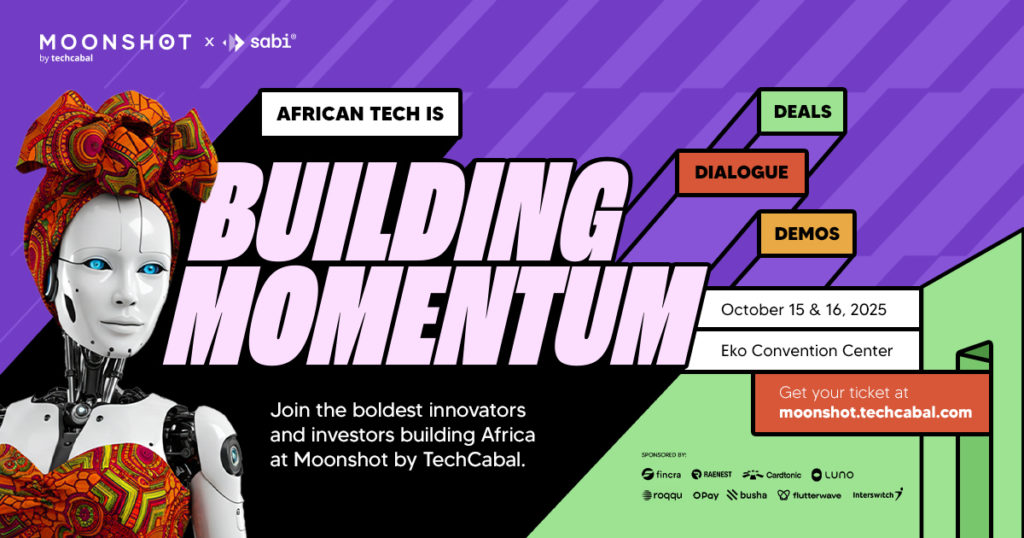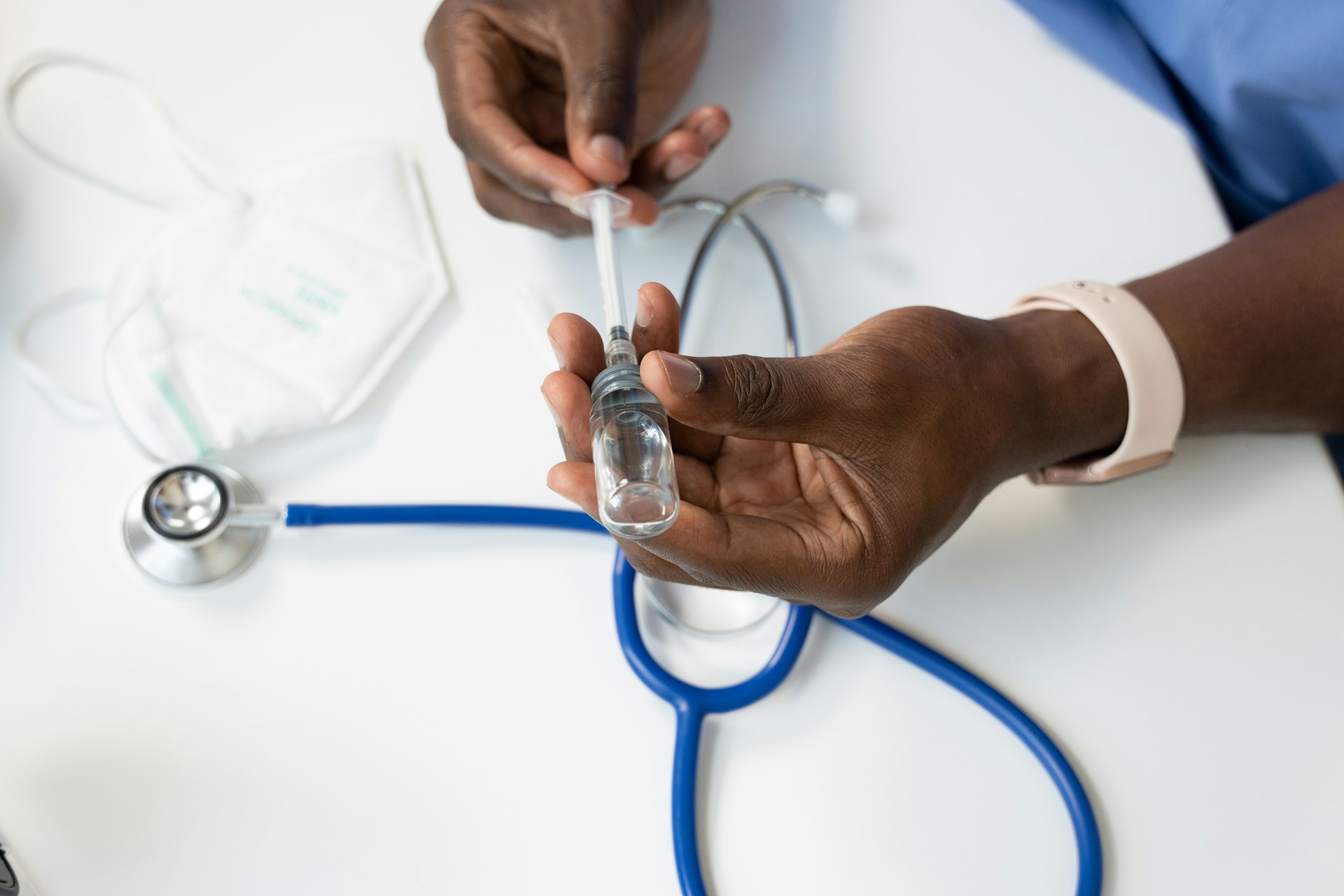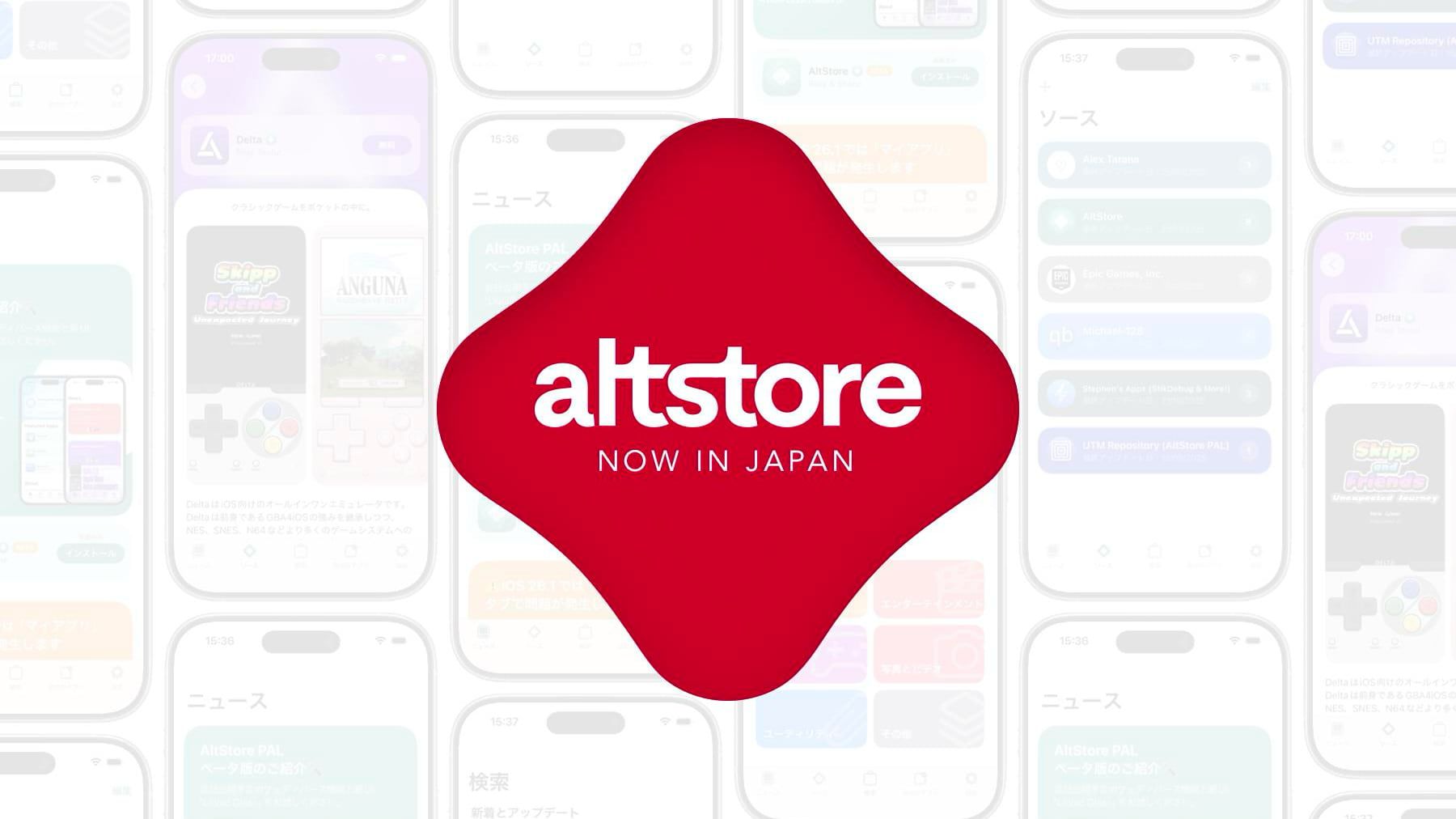In 2020, as Nigeria entered the COVID-19 lockdown, Ofuzim Anderson faced one of the most vulnerable moments of his life. He was a first-time father, and his newborn daughter had developed a health scare. With hospitals inaccessible and family unable to travel for support, Anderson and his wife were left isolated and scrambling for solutions.
“We were scared we would lose her,” Anderson recalls. “I was searching Google, trying anything I could find that might help.”
After restrictions eased, the couple took their daughter to a local hospital where they began her care from scratch with no documented health record available.
As Anderson sat in the waiting room, he began to question why healthcare felt so disconnected. Other sectors (banking, logistics, food delivery) had gone digital, but much of healthcare service was still rooted in paper records and fragmented systems.
“I kept asking myself, why can’t I pull up health records the same way I can pull up my financial records?” he says. “That was my lightbulb moment. Healthcare providers are offline. There’s no digital infrastructure to connect them.”
In response, he built Heala. The healthtech startup is building a digital ecosystem to connect hospitals, insurers, pharmacies, and labs seamlessly.
From academia to entrepreneurship
Anderson’s path to healthtech wasn’t conventional. A trained computer engineer and former lecturer at the University of Ilorin, he began his career teaching telecommunication sciences. In 2013, an edtech platform he created was nominated for The Future Awards Africa. The product was later acquired by a publishing company after which Anderson launched his own software development firm, ZBM, which he ran until 2020.
The pandemic and his daughter’s health crisis pushed him to focus entirely on healthcare. He partnered with co-founders Ifeoluwa Aribatise, who brought health insurance expertise from Reliance Health, and Ezegozie Eze, a business development veteran and former general manager at Universal Music Group Nigeria.
Heala was incorporated in 2022, piloted with select insurance providers in 2023, and officially launched in 2024. Since then, the platform has processed close to 300,000 transactions spanning consultations, lab tests, and medication orders.
Image Source: Heala
Building the infrastructure
Heala’s goal is to digitise healthcare by connecting every point where care happens. Anderson said the company has aggregated more than 2,500 providers (including hospitals, pharmacies, labs, and independent doctors).
Anderson compares Heala to Interswitch, which allows banks to connect seamlessly for transfers. In the same way, Heala enables healthcare providers to share patient data and coordinate care in real time.
At the heart of its operations are two key products designed to solve structural problems in Nigeria’s healthcare system.
The first is its virtual clinic platform, which is at the heart of this system, acting like a hidden engine that powers care delivery. Instead of asking hospitals or Health Maintenance Organisations (HMOs) to adopt entirely new systems, Heala integrates directly into the tools they already use.
“We wanted to meet providers at their level of digital adoption,” Anderson explains. “Whether they use spreadsheets, WhatsApp, or a mobile app, our system connects with what they already have.”
Through this platform, a patient can book a telemedicine consultation via their HMO’s app while Heala handles everything behind the scenes. Doctors can prescribe medication with orders routed automatically to partner pharmacies. Lab test requests go directly to connected laboratories and results are uploaded digitally. The system even links patients with doctors both in Nigeria and those living abroad who consult.
When an in-person evaluation is necessary, Heala’s referral network seamlessly connects patients to hospitals.
“Our goal was to create an end-to-end journey so that, whether it’s a digital consultation or a physical visit, the experience is seamless for the patient,” Anderson says.
While the virtual clinic focuses on patient care, Heala’s insurance management system addresses the operational headaches faced by insurers. Anderson explained that many still process claims manually, leading to delays and costly errors.
One of the biggest hurdles is data standardisation. For example, one pharmacy might record a drug as “paracetamol,” another as “PCM,” and a third might misspell it entirely. Heala’s AI-powered system automatically standardizes this data with 90–95% accuracy, reducing claim approval times from months to just minutes.
How it works for patients
For insured users, Heala operates behind the scenes. A customer using their HMO’s app might click a telemedicine feature, get matched with a doctor, receive prescriptions, and even arrange medication delivery (all without realizing that Heala is powering the process behind the scenes).
For uninsured users, Heala offers a direct-to-consumer app called My Heala. Through partnerships with HMOs, it provides affordable, digital-first insurance plans. These plans lower costs by emphasizing virtual consultations and preventive care while limiting expensive physical hospital visits.
“We like to think of ourselves as insurance for the uninsured,” Anderson says. “We’re not an insurance company, but we make coverage accessible to people who’ve never had it before.”
Early success
Since its April 2024 launch, Heala has grown quickly. Eighty insurers are now integrated into its network. The company powers about 25% of Nigeria’s insurance market and reports that 58% of users return monthly or bi-monthly, according to Anderson, a sign of what Anderson said it is shifting behavior from curative to preventive care.
The company’s revenue model is straightforward. It earns commissions from providers for successful referrals.
“All through this process that I’m mentioning, Heala is earning a commission fee,” Anderson explains. “We earn a referral fee on the value of the test, the medication, or the consultation at the secondary care facility or the specialist or doctor you need to speak to.”
Barriers to building a digital infrastructure
Anderson admits that building digital rails for healthcare is nothing like building them for finance or logistics. The problems run deeper and move slower.
One of the biggest hurdles is integration. “Every provider is at a different stage of digital adoption,” he explains. “Some are on spreadsheets, some built their own systems, others rely on tools that don’t even allow integrations. We’ve had to sit with each one, understand what they use, and then figure out how to connect it. It’s slow and complex work.”
Talent is another challenge. Many of Heala’s staff started out as interns or entry-level hires and grew into bigger roles, but Anderson says some eventually leave the country for opportunities abroad. That gap often slows things down despite the company’s active internship pipeline.
Then there’s regulation. “Healthcare is highly regulated, even if enforcement isn’t always strong. We can’t afford to wake up one day to a new law that disrupts our model,” Anderson says. Heala has begun engaging state and local governments, hoping to shape data standards and compliance rules before scaling outside Nigeria.
For Anderson, these hurdles don’t weaken the mission, they define it. “We’re building from scratch in a sector where no Interswitch or Paystack exists for us to lean on. Every system we need, we’ve had to create ourselves,” he says. “It’s harder, but if we get it right, the impact will be huge.”
Scaling beyond Nigeria
Heala is preparing to pilot its services in Ghana and Kenya in 2026, with full commercial launches expected in 2027.
“Ghana is our closest neighbor, and many of the insurers we work with here also operate there,” Anderson says while explaining the company’s choice of Ghana. And for Kenya, he explained that “Kenya is a digital-forward market with strong healthtech innovation and a rapidly growing, upwardly mobile population.”
The pilots will initially be offered as complimentary services, giving the company room to adapt its platform to local market conditions and regulations before scaling fully.
So far, Heala has been backed by Constant Ventures, and personal contributions from the founders, family, and friends. The company is running lean, with margins of about 40%, but Anderson says scaling requires new capital.
“We’re still in pre-seed, actively talking to investors who can bring more than money. We need mentorship and deep domain expertise, people who understand the nuances of healthtech,” he said. “Our proper seed round will be in 2027. Anyone who comes in now will be helping us prove that what we’ve built can scale.”











